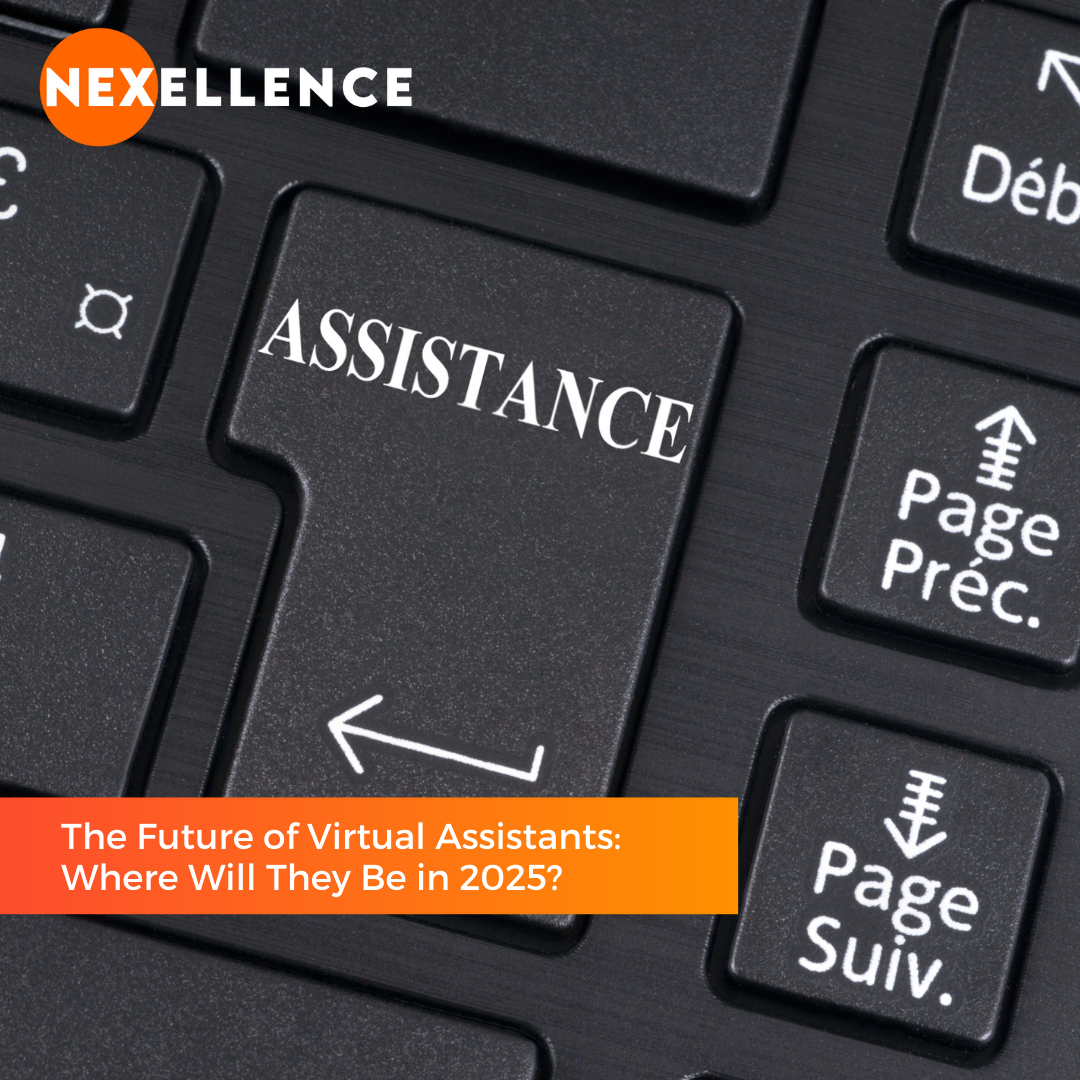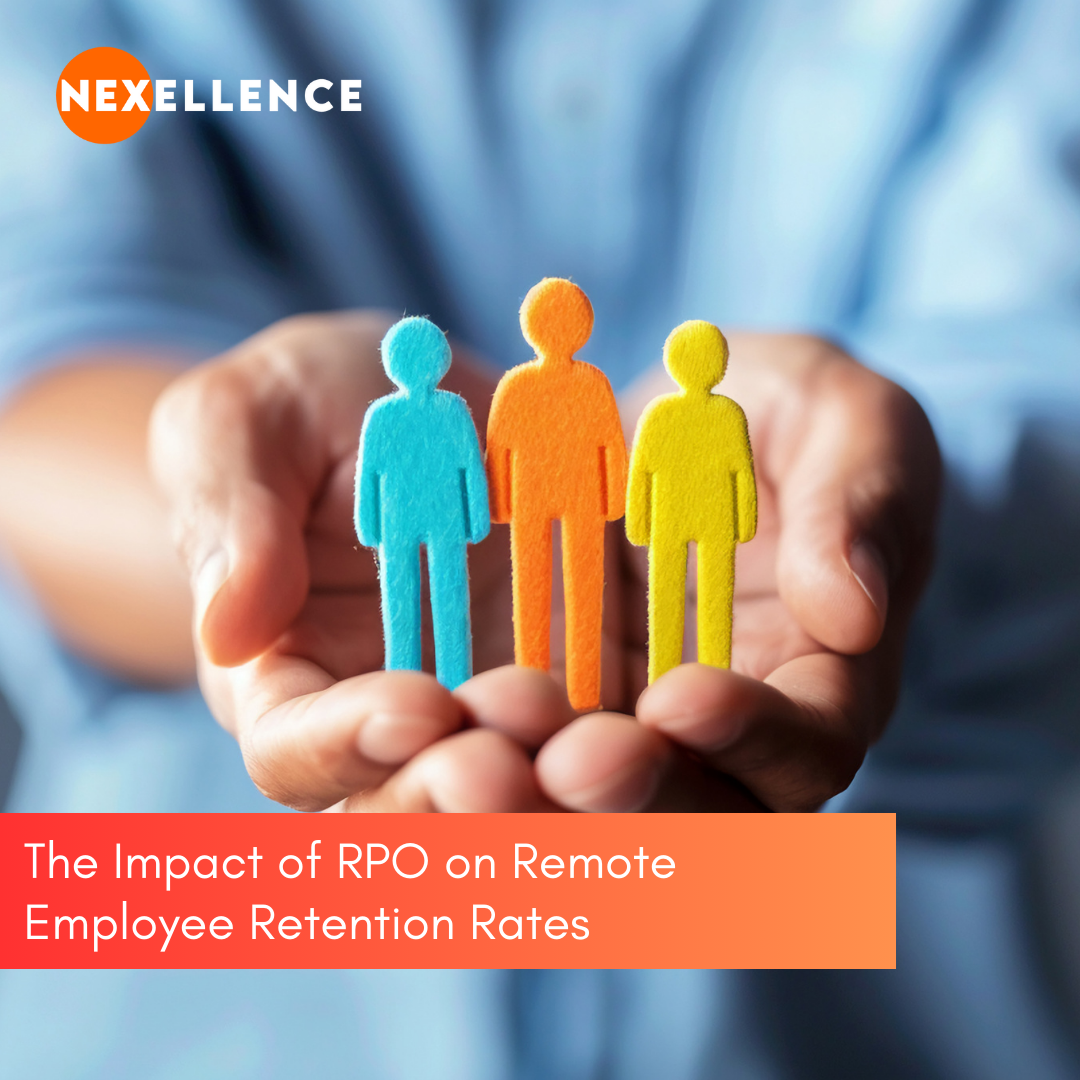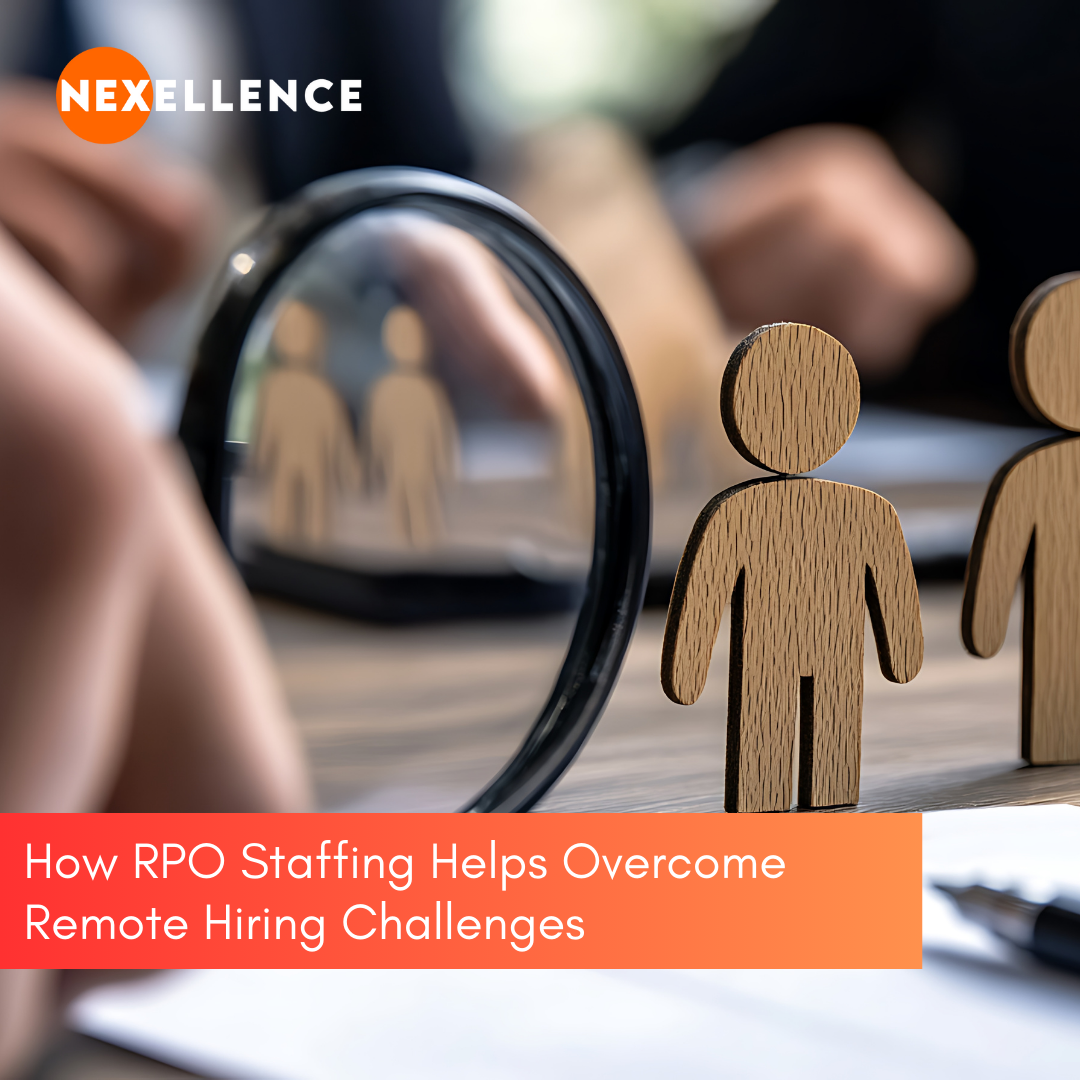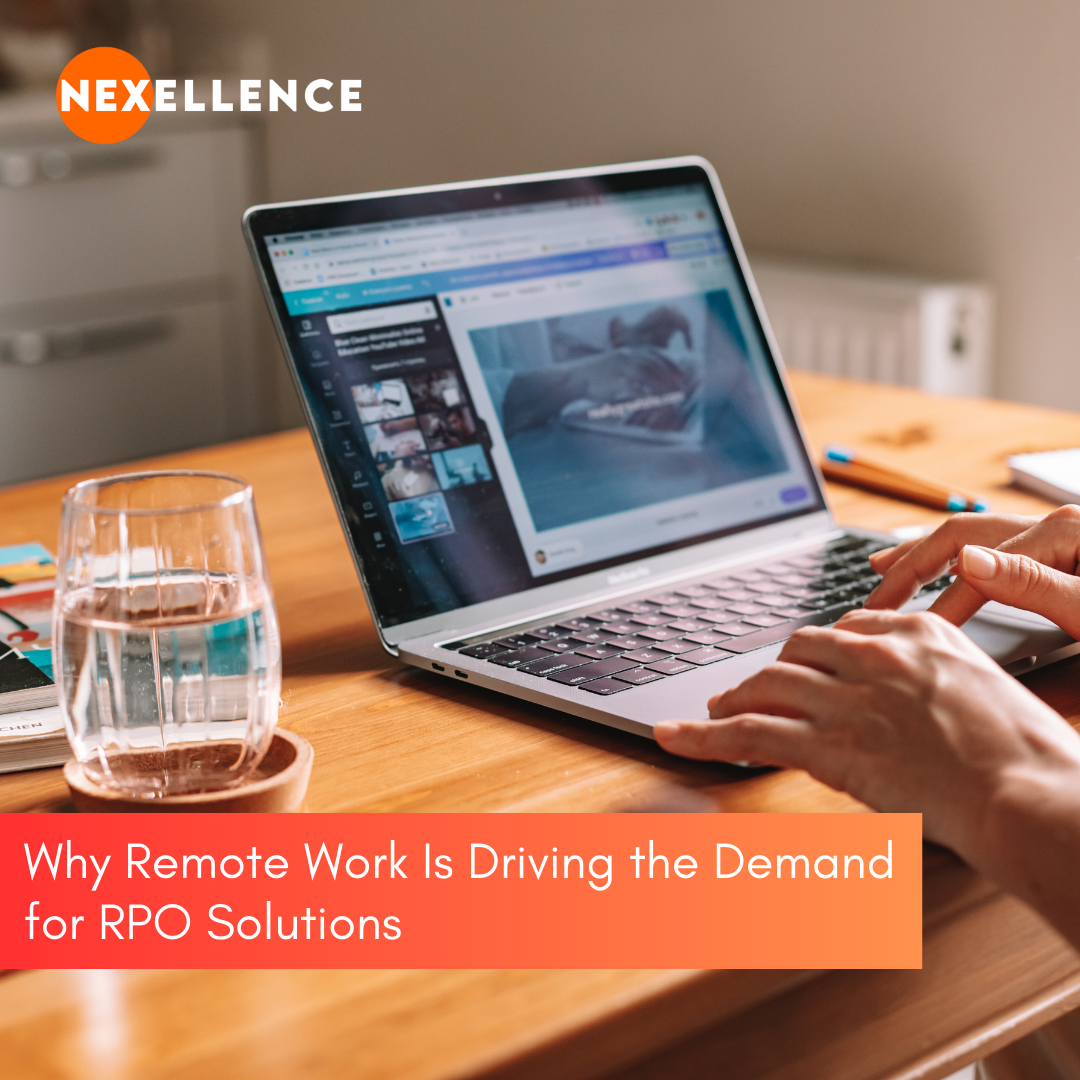Virtual assistants (VAs) have come a long way from being simple task managers to becoming integral parts of businesses and daily life. By 2025, the landscape for VAs will have transformed significantly, driven by advancements in artificial intelligence, automation, and changing workplace dynamics. In this blog, we’ll explore what the future holds for virtual assistants and how businesses can adapt to harness their full potential.
1. AI and Automation: The Backbone of Virtual Assistant Evolution
In the coming years, AI and automation will continue to push the boundaries of what virtual assistants can do. While VAs today handle tasks like scheduling, email management, and customer inquiries, by 2025, they will be capable of taking on more complex roles. AI advancements will allow VAs to analyze data, provide detailed insights, and even assist in decision-making processes—becoming virtual business strategists, not just assistants.
2. Niche Specialization: Virtual Assistants with Expertise
In 2025, we will likely see an increasing trend of virtual assistants specializing in specific industries or tasks. Healthcare, law, finance, and e-commerce will all see tailored VAs designed to support the nuances of their fields. Whether it’s legal research, managing patient appointments, or handling financial transactions, VAs will offer highly specialized support, improving efficiency and precision for businesses in these sectors.
3. Multi-Platform Integration: Virtual Assistants Everywhere
As businesses continue to adopt a diverse range of digital tools and platforms, virtual assistants will become even more integrated. By 2025, VAs will seamlessly interact across various apps and systems—organizing emails, managing projects, handling customer queries, and even interfacing with smart devices at home or in the office. This universal integration will simplify operations and reduce friction, making VAs an indispensable part of daily workflows.
4. Enhanced Emotional Intelligence: Building Stronger Connections
The future of virtual assistants will also involve significant improvements in emotional intelligence. With AI becoming more attuned to human behavior, VAs will be able to communicate with greater empathy and understanding. By 2025, VAs will manage customer relationships with a more personal touch, responding to inquiries and issues with tailored responses that reflect the emotional tone of the conversation, enhancing customer satisfaction and loyalty.
5. Remote Work & Global Collaboration: VAs as Team Integrators
As remote and hybrid work environments continue to dominate, virtual assistants will become critical in managing global teams. In 2025, VAs will not just assist with scheduling and communication—they will facilitate cross-time-zone collaboration, streamline workflows for distributed teams, and ensure that projects stay on track regardless of physical location. This will allow businesses to operate with greater flexibility and coordination.
6. Cost-Effectiveness: VAs for Every Business
With the continued advancement of AI, the cost of hiring virtual assistants is expected to decrease, making them accessible to small and medium-sized businesses. By 2025, even startups and solo entrepreneurs will have the opportunity to leverage VAs to manage everything from customer service to social media. The scalability and affordability of VAs will democratize business operations, allowing companies of all sizes to benefit from professional-level support.
Conclusion
The future of virtual assistants is filled with exciting possibilities. By 2025, VAs will not just be administrative helpers—they will become powerful tools that drive business growth, improve customer experiences, and enhance operational efficiency. Whether through specialized services, emotional intelligence, or deep integration with emerging technologies, virtual assistants will continue to evolve, making them indispensable assets for businesses across the globe.





